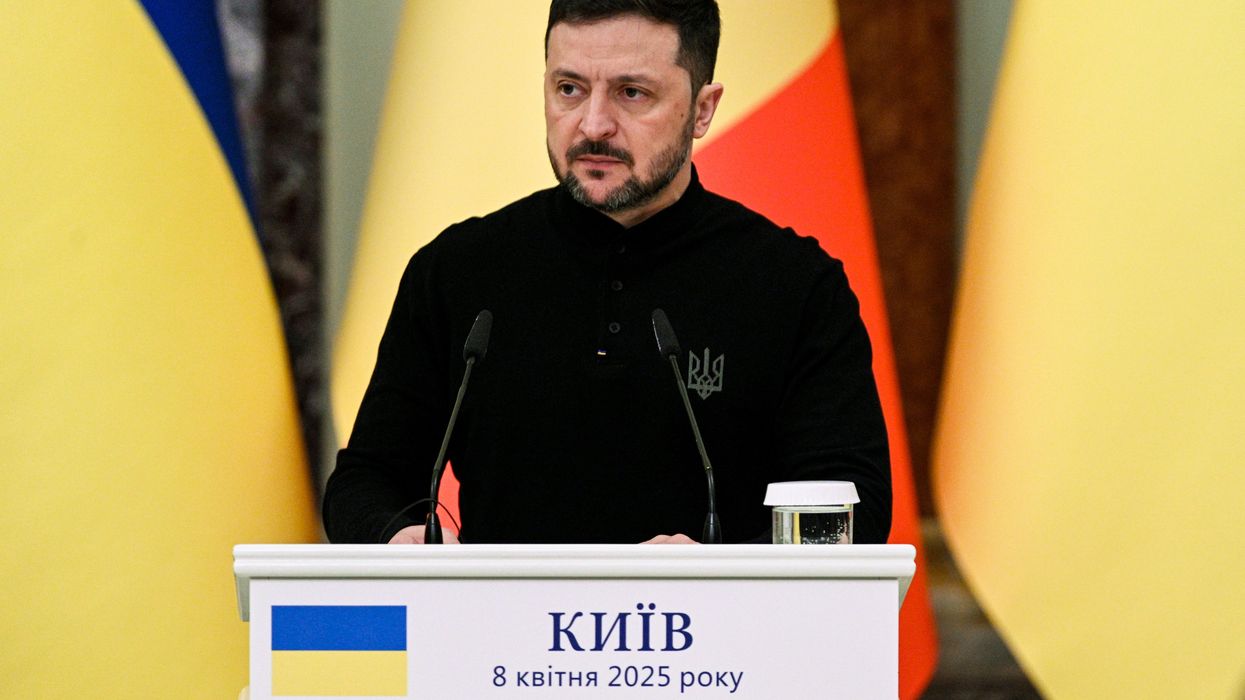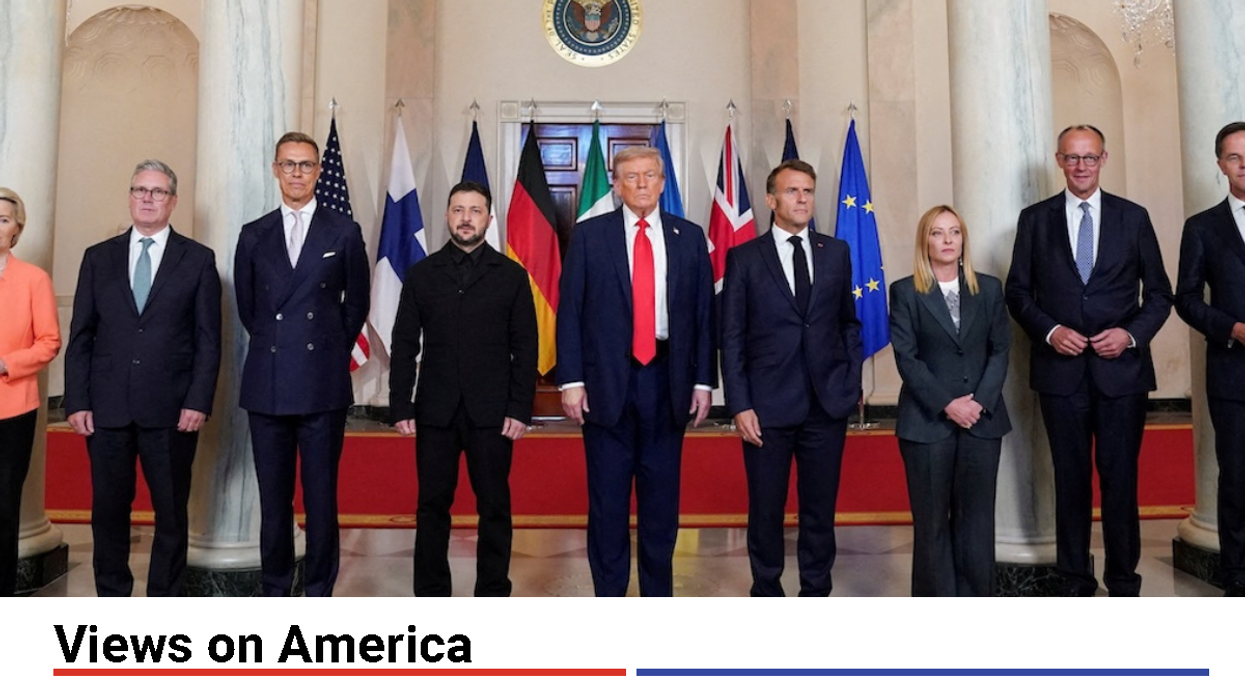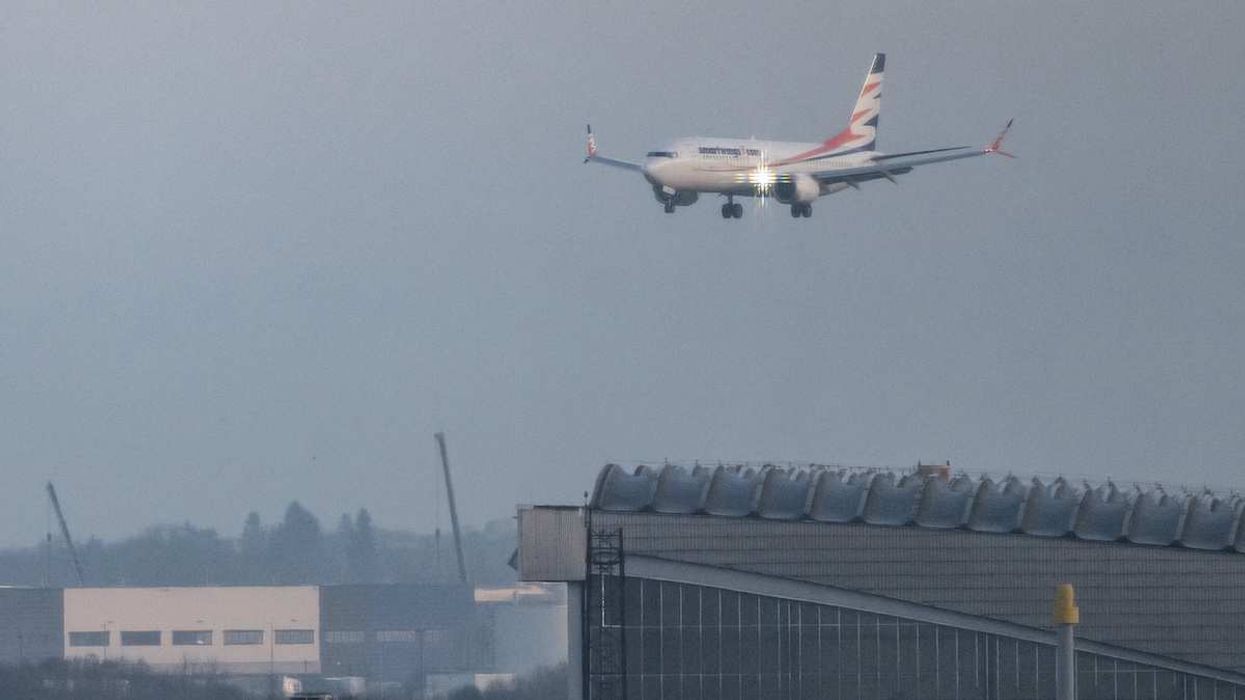UNITED NATIONS – When Volodymyr Zelensky addressed the sparsely populated United Nations General Assembly Hall on Wednesday, he cast Russia’s war in Ukraine as a threat to Europe and beyond – warning of the rising threat of nuclear disaster, and the potential for the war to spread into Eastern Europe. The GA’s empty chairs reflected the problem Zelensky’s speech sought to address: As the situation in the Middle East spirals out of control, much of the world’s attention has turned away from Ukraine.
The 46-year-old leader condemned Russia’s targeting of his country’s infrastructure grid, saying that “80% of its energy system [is] gone.” He said the attacks have not only exposed millions of Ukrainians to a brutal winter without electricity, but also put Ukraine’s nuclear power plants at risk. Zelensky accused Putin of trying to disconnect its Zaporizhzia nuclear plant from the power grid, putting Europe one drone strike away from “nuclear disaster” where “radiation will not respect state orders.”
Zelensky has used this week’s trip to outline a “victory plan” – a plan that includes more money and firing US-made long-range weapons deep inside Russia to strengthen Ukraine’s position enough to force Russia to the negotiating table. Aware that battlefield help won’t be enough to force Vladimir Putin to cut a deal over Ukraine’s future, Zelensky has also asked the West to use economic, political, and diplomatic pressure to force Russia to the bargaining table.
Biden and Zelensky will meet to discuss the plan on Thursday. In anticipation, Russia updated its nuclear doctrine on Wednesday to say it should be able to use nuclear weapons if attacked by a state backed by nuclear power, although this “red-line” rhetoric may just be meant to deter Biden from granting Ukraine use of the long-range weapons.
It’s tempting to ignore yet another Russian threat of retaliation. After all, Ukrainian troops have invaded and now occupy about 500 square miles of Russian land. If Ukraine’s surprise invasion of Russia and the inability of Russian forces so far to push them out hasn’t provoked a deadly escalation from Moscow, what Russian action should Western governments fear?
But the Kremlin spokesman stands on firmer ground in arguing that it’s “impossible to force Russia into peace.” Putin has staked all of his personal political credibility on the restoration of Russian control over Ukraine, and he has reason to believe Russia can still win the war.
Today, there’s no evidence that Putin faces any internal threat to his leadership. But negotiating away land he claims is part of Russia could expose the aging president to challenges from within Russia’s political and economic elite.


















